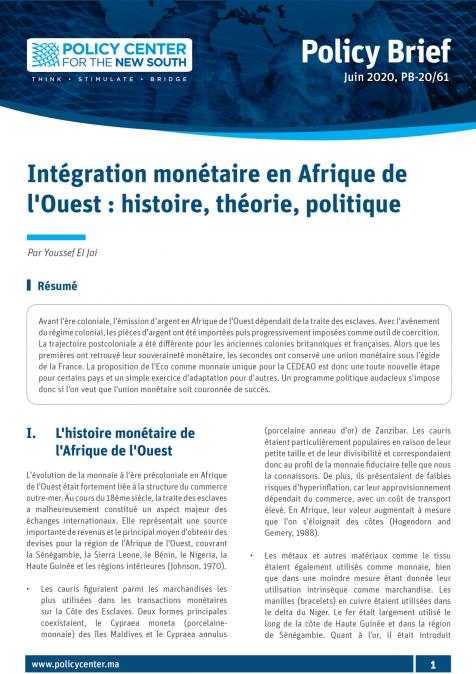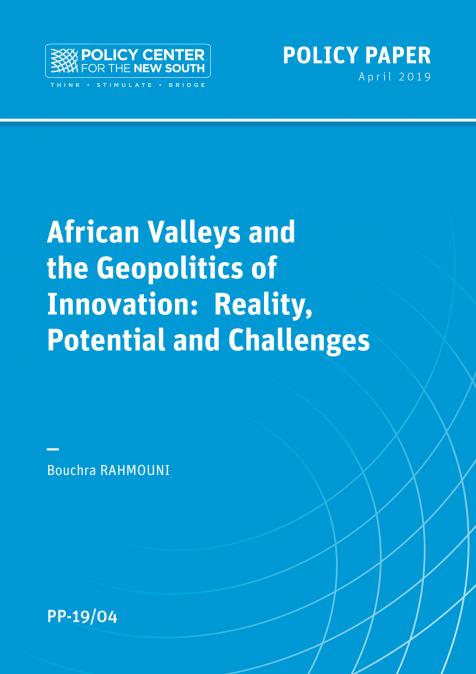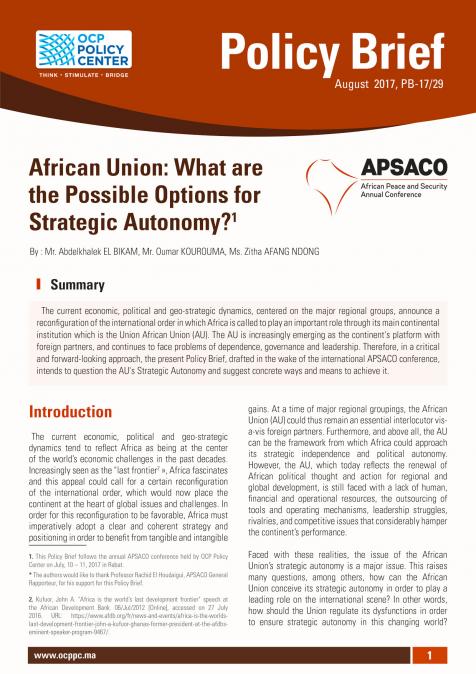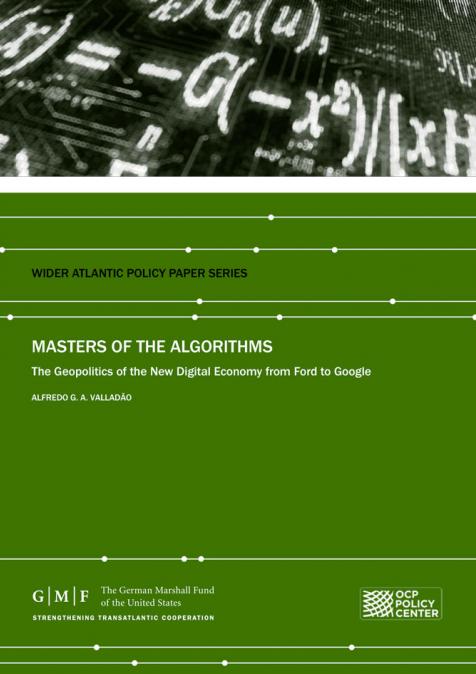Speakers

Tatiana Kastouéva-Jean
Director, Russia/NIS Center, Ifri
Tatiana Kastouéva-Jean holds a degree from the State University of Ekaterinbourg, a Franco-Russian Master in International Relations from the University of Sciences Po/MGIMO in Moscow, and a DEA (Diplôme d'études approfondies) in International Relations. Among her research areas: evolution of Russian domestic and foreign policies, soft power, Ukraine, education and human capital. She directs the Russie.Nei.Visions. Recent publications include: « Pourquoi la société russe soutient-elle la politique actuelle du Kremlin ? », Les Études du CERI, Sciences Po, n° 228-229, Regards sur l'Eurasie, février 2017 ; « La Russie après les crises ukrainienne et syrienne », RAMSES 2017, Ifri/Dunod, 2016 ; « Le système Poutine : bâti pour durer ? », Politique étrangère, n°2, 2015 and « Russia ...






